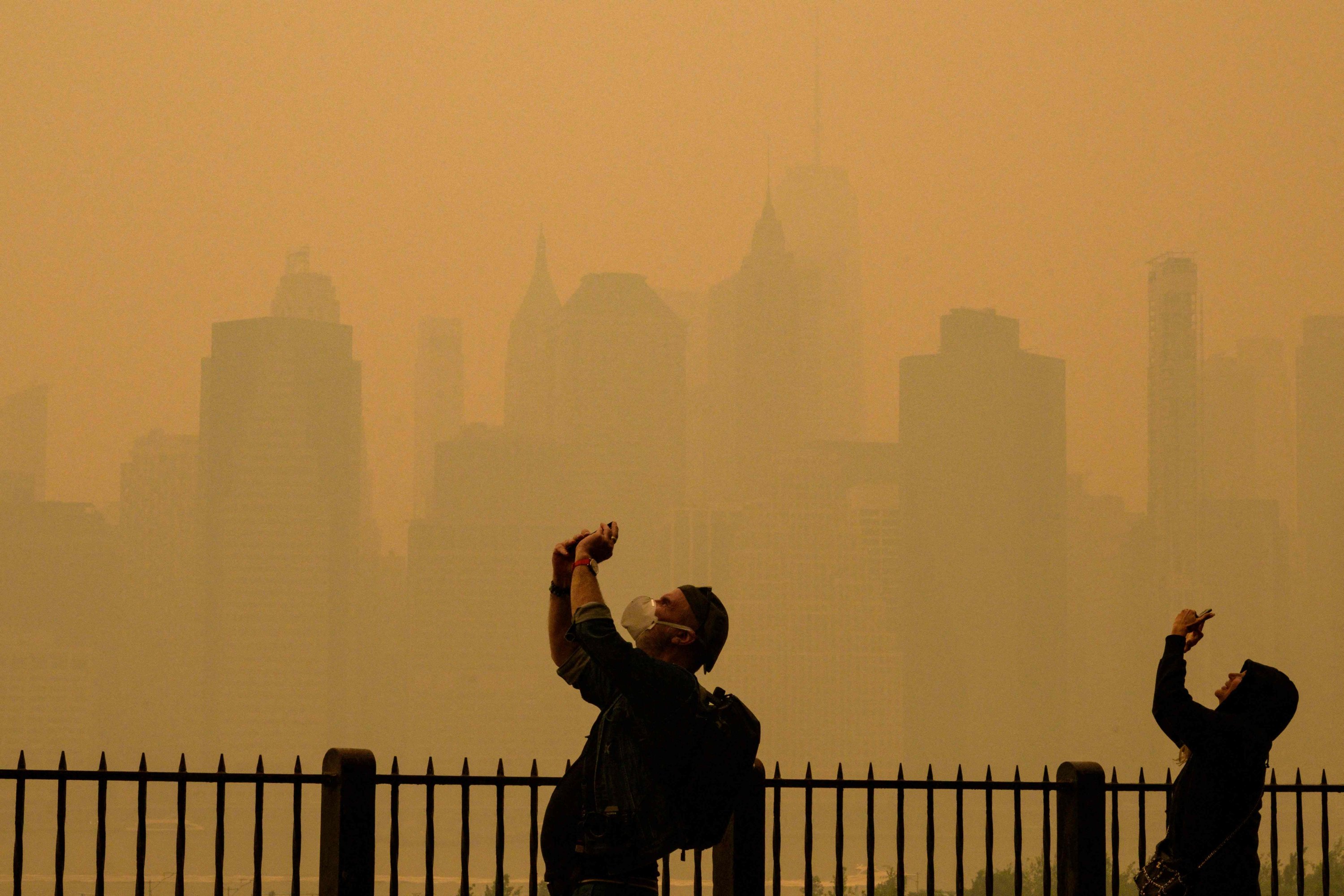
Denver Haze: City Shrouded in Unseasonably Thick SmogDenver Haze: City Shrouded in Unseasonably Thick Smog Denver, Colorado has been engulfed in a thick blanket of smog, creating an unhealthy and unprecedented air quality crisis. The unseasonably dense haze, a result of a complex combination of factors, has gripped the city, raising concerns about public health and prompting authorities to issue warnings. The smog is primarily caused by an inversion layer, a weather phenomenon that traps a stagnant layer of warm air near the ground. Within this layer, pollutants such as nitrogen oxides, particulate matter, and ozone accumulate, creating a murky and hazardous atmosphere. Contributing to the smog’s intensity are emissions from vehicles, factories, and residential heating systems. Denver’s geographic location in a mountain valley further exacerbates the issue, as mountains trap pollutants and prevent their dispersion. The smog has severely impacted air quality, with levels of pollutants far exceeding federal standards. The Environmental Protection Agency (EPA) has issued an air quality alert, warning residents to limit outdoor activity and protect themselves from the harmful effects of air pollution. Health experts have emphasized the risks associated with prolonged exposure to smog. Fine particulate matter can penetrate deep into the lungs, causing respiratory problems, cardiovascular disease, and even premature death. Ozone can irritate the eyes, nose, and throat, and worsen asthma and other respiratory conditions. Authorities are urging residents to take precautions, including wearing face masks outdoors, avoiding strenuous exercise, and closing windows and doors to reduce indoor air pollution. School closures and air quality advisories have been issued to protect vulnerable populations. To address the smog crisis, the city has implemented emergency measures. Vehicle emissions have been restricted, and clean-air incentives are being offered to encourage public transportation and ride-sharing. Factories have been ordered to reduce operations, and residential heating restrictions are being enforced. The smog is expected to persist for several days to weeks, depending on weather conditions. The National Weather Service has forecast a change in wind patterns that could help dissipate the haze. However, residents are advised to remain vigilant and monitor air quality reports. The Denver smog crisis highlights the importance of air quality management and reducing emissions. It serves as a wake-up call for cities across the country to address the environmental and health impacts of air pollution.
Posted inNews